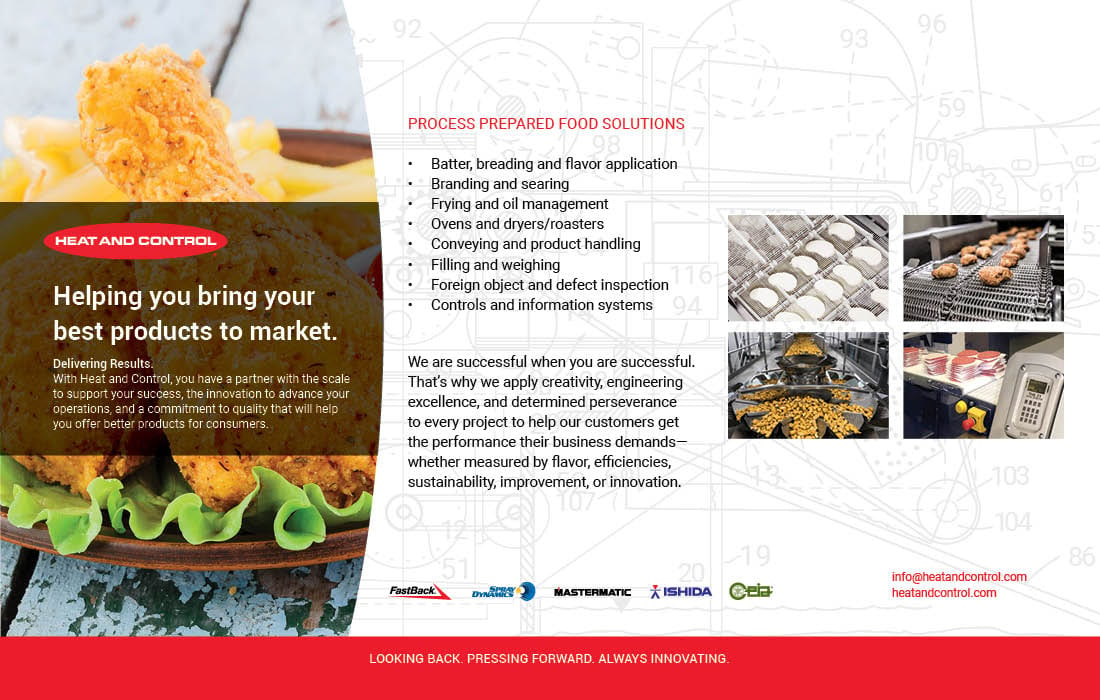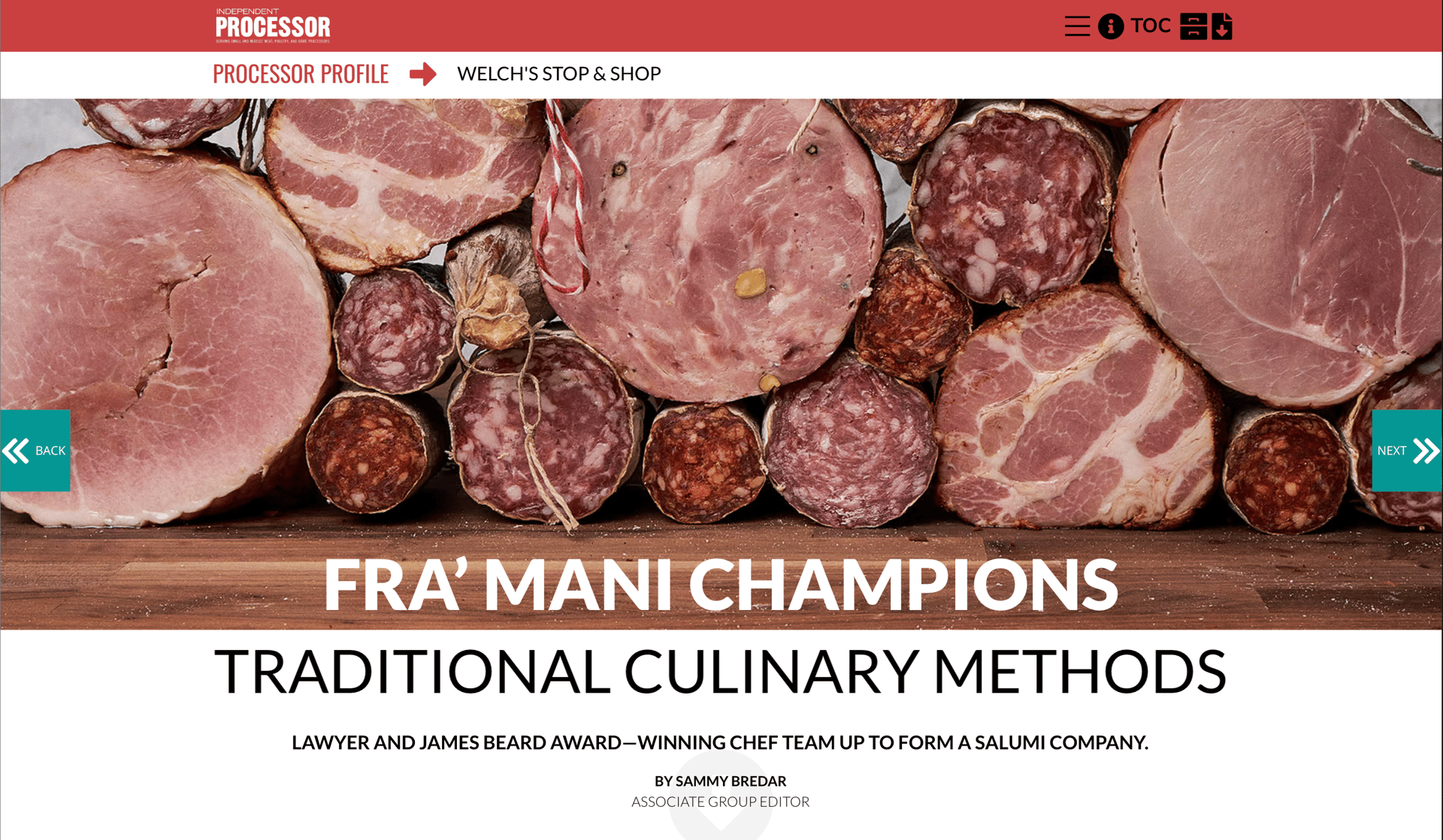Commentary
FIGHT FOR FOOD SAFETY
Now’s the time
to ensure your company is protected
FOOD INDUSTRY COUNSEL LLC
By Shawn K. Stevens
Upfront investment in food safety assurance can help avoid costlier long-term consequences.
In the food industry, nothing is certain. In any organization, no matter how well the food safety programs are written, how efficiently they are implemented, and how carefully they are executed, unforeseen and unanticipated mistakes can and do happen. Sometimes, those mistakes originate from within the four walls of the own facility and, sometimes, those mistakes occur somewhere upstream. When they are large and noticeable enough (and, frankly, even when they are nearly undetectable), they can wreak havoc on the supply chain.
The best way to protect against those mistakes is to mitigate against risk. Whether those mistakes originate from within your own organization, or whether they are mistakes you inherit from your suppliers, can be addressed in three separate ways.
The first, in my opinion, is to achieve a very mature level of comfort with your supply chain. It is no longer feasible (or advisable) to merely select suppliers based upon cost. Indeed, food safety history has taught us time and time again that, when food companies overlook food safety or quality concerns to enhance cost-savings, they eventually find themselves facing a seemingly insurmountable crisis. A close colleague once told me that any company can avoid a million-dollar exposure tomorrow by spending an extra $100,000 on better ingredients or interventions today. Indeed, paying a premium for a product that is produced within an organization with a strong food safety culture and tighter food safety and quality) controls can and will pay substantial dividends over time.
The second way to mitigate against risk is to ensure that, when you do identify your optimal supplier, that you insist on strong but reasonable supplier contracts to govern the relationship. If your contracts require continuing guarantees, necessitate certain levels of insurance, and spell out, with clarity, the actions expected and consequences when a recall occurs, your company will be better protected if there is a supply chain failure. Such contracts can be used as the catalyst to recover your losses directly from the supplier in the event you are given inferior ingredients. Indeed, the good companies out there is not bauk at a request to sign such a contract because they will be more willing to stand behind their promises and product.
The third way to mitigate risk is to obtain food product recall insurance. Too often, companies lack the insurance necessary to carry the day in the event of a large-scale recall. With the regulators now expecting, in the event of a food safety failure, broader recalls involving more product, having recall insurance is becoming increasingly essential. Thus, if you don’t already have recall insurance, I highly advise that you consider shopping for a policy through your broker. Spending a little bit of money on recall insurance today could potentially save you millions in the future.
So, as we enter a new year with a new presidential administration that is shaking up the federal government, it might be a good imperious to “shake up” your own organization. Demand that you do business with only the best suppliers, make sure you have solid contracts with each, and ensure that you are adequately insured. By doing so, and investing a small amount of resources today, can and will likely save you an unlimited amount of resources in the future.
Opening image credit: GettyImages / coffeekai / Getty Images Plus


